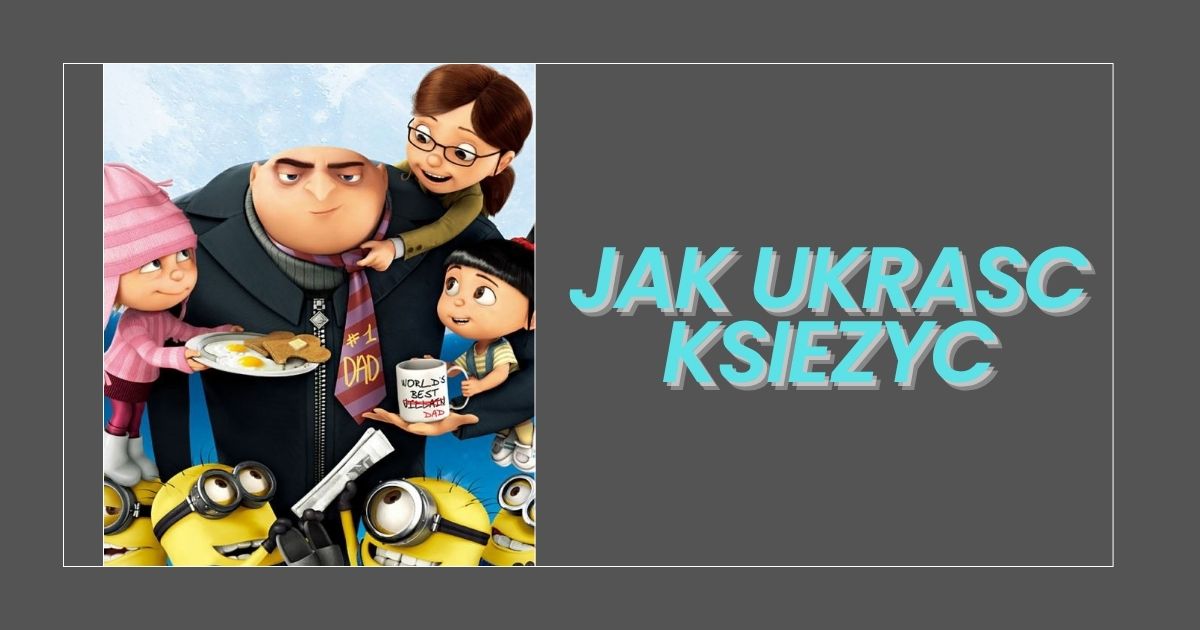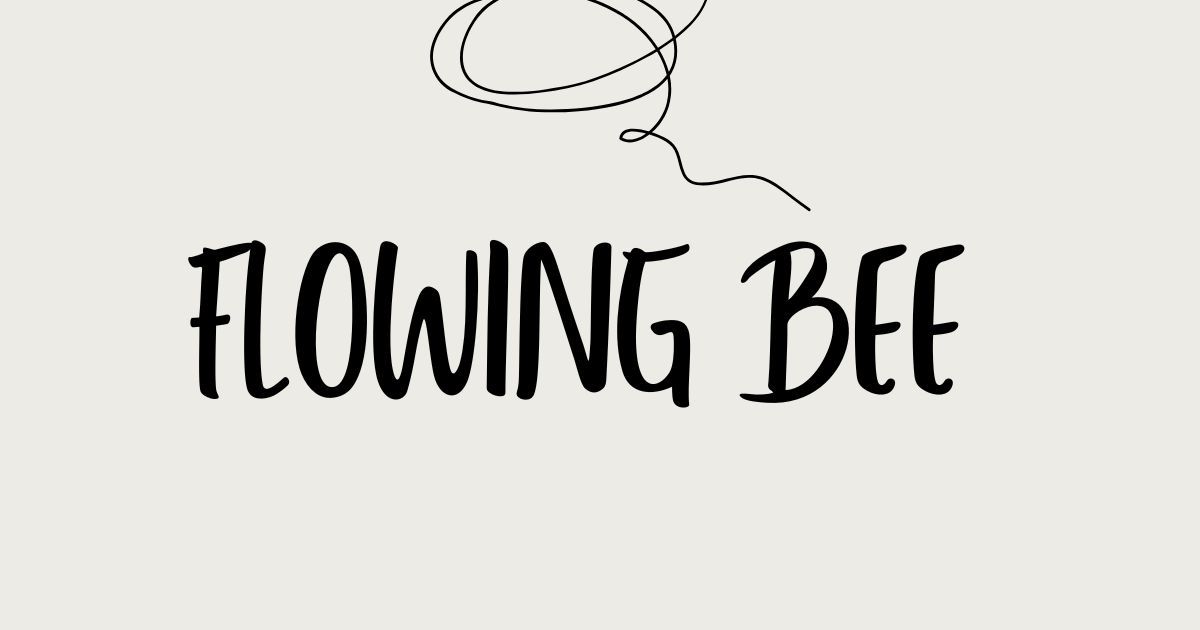“Jak ukraść księżyc” translates directly to “How to Steal the Moon.” This intriguing title comes from a Polish children’s film released in 1963. The film gained iconic status over the decades, not only because of its nostalgic charm but also due to its deeper symbolic representation of desire, greed, and innocence. Today, the title is popularly referenced in memes, discussions, and even pop culture interpretations.
Origin of “Jak Ukraść Księżyc”
The film was directed by Jan Batory and based on a 1928 novel by Kornel Makuszyński. It’s a classic example of Polish cinema aimed at children but enjoyed by audiences of all ages. What makes the film particularly interesting is its historical and cultural placement—it was created during a time when Poland was under communist rule, yet the film speaks to universal themes.
The Plot of the Movie in Simple Terms
The storyline follows twin brothers—Jacek and Placek—who dream of stealing the moon, convinced that it’s made of gold. Their foolish adventure turns into a valuable life lesson. Eventually, they realize that working and helping others brings more happiness than stealing or taking shortcuts. It’s a fable that blends fantasy with moral education.
The Real-Life Kaczyński Twins
One fascinating layer of this story is that the twin boys were played by real-life twins Lech and Jarosław Kaczyński. Lech later became the President of Poland, and Jarosław remains a powerful political figure. This real-world connection gives the film a surreal twist, as two kids who once plotted to “steal the moon” on screen grew up to play massive roles in shaping modern Poland.
Cultural Impact in Poland
In Poland, “Jak ukraść księżyc” became more than a film—it became a cultural reference point. Quotes from the film are often used humorously in everyday language. People reference the moon metaphor when talking about impossible dreams, childish ambitions, or even political overreach. It resonates because it’s both whimsical and reflective.
The Timeless Appeal of Fantasy
Fantasy is a powerful storytelling device. It allows us to dream without limits. The idea of stealing the moon is ridiculous—but that’s the point. It challenges the viewer to question what’s truly valuable in life. By following Jacek and Placek on their absurd journey, we see our own misguided desires mirrored in a safe, fictional space.
Political Interpretations Over the Years
As with many cultural works, this film has seen multiple interpretations. Some view it as a subtle critique of greed and authoritarianism. Others see the casting of the Kaczyński twins as a historical irony. The phrase “How to Steal the Moon” has even been repurposed in political satire and protest materials.
Educational Use in Polish Schools
The film and novel are often included in educational programs across Poland. Teachers use it to discuss morals, consequences, and imagination. Children are encouraged to think critically about the choices the characters make and what they themselves might do in similar situations. It’s more than just entertainment—it’s a tool for learning.
The Symbolism of the Moon
In many cultures, the moon symbolizes mystery, desire, and the unreachable. In “Jak ukraść księżyc,” the moon is all of these things. It’s beautiful and distant, but the desire to possess it leads to trouble. The film teaches that some things are meant to be admired, not owned.
Comparison to Modern Children’s Films
Compared to today’s high-tech animations, “Jak ukraść księżyc” might seem simple. Yet, its charm lies in that simplicity. The moral lessons are not hidden beneath action and effects—they’re front and center. This makes it feel honest and sincere, something many modern films struggle to achieve despite their budgets.
Pop Culture References and Memes
In recent years, “Jak ukraść księżyc” has made a surprising comeback in meme culture. Polish internet users often use the title sarcastically to mock unrealistic plans or grandiose ambitions. For example, someone suggesting an impossible startup idea might be met with a comment: “Sure, just like stealing the moon.”
International Curiosity and Online Searches
Due to the unique title and the fame of the Kaczyński brothers, the film has piqued international curiosity. People stumble across it online, wondering if it’s a documentary, a metaphor, or satire. This has led to increased searches and articles trying to decode what “Jak ukraść księżyc” really is.
Availability and Where to Watch
While not widely available on international platforms, the film has been digitized and can be found through Polish archives and sometimes on YouTube. English subtitles may be limited, but even without them, the visuals and tone convey the message clearly.
Moral Takeaways for Today’s Generation
The core message—that greed leads nowhere and that honesty and hard work pay off—remains incredibly relevant. In a time where quick success is glorified, “Jak ukraść księżyc” reminds us of the long-term value of patience, effort, and humility.
Why the Title Still Captures Imagination
The title alone is a work of art. It makes you pause and imagine. “How to steal the moon” is poetic, bold, and curious. It taps into that part of all of us that dreams big—even foolishly. And that’s why, decades later, it still matters.
Conclusion
“Jak ukraść księżyc” is not just a children’s story or a nostalgic film. It’s a layered narrative that speaks to human nature, dreams, and lessons that transcend time. Whether you watch it for the plot, the politics, or the poetry, you’ll walk away with more than you expected. It’s a reminder that sometimes the best treasures aren’t made of gold—but of lessons, laughter, and legacy.
FAQs
Is “Jak ukraść księżyc” based on a true story?
No, it’s a fictional tale based on a 1928 novel by Kornel Makuszyński, though the actors later became real-life politicians.
Where can I watch “Jak ukraść księżyc” with English subtitles?
You can sometimes find it on YouTube or Polish film archives. Subtitles may vary depending on the upload.
What genre is the movie “Jak ukraść księżyc”?
It’s a family-friendly fantasy with strong moral themes, ideal for both children and adults.
Why did the title become a meme?
Its poetic and absurd title has made it perfect for sarcastic or humorous online use in Poland.















